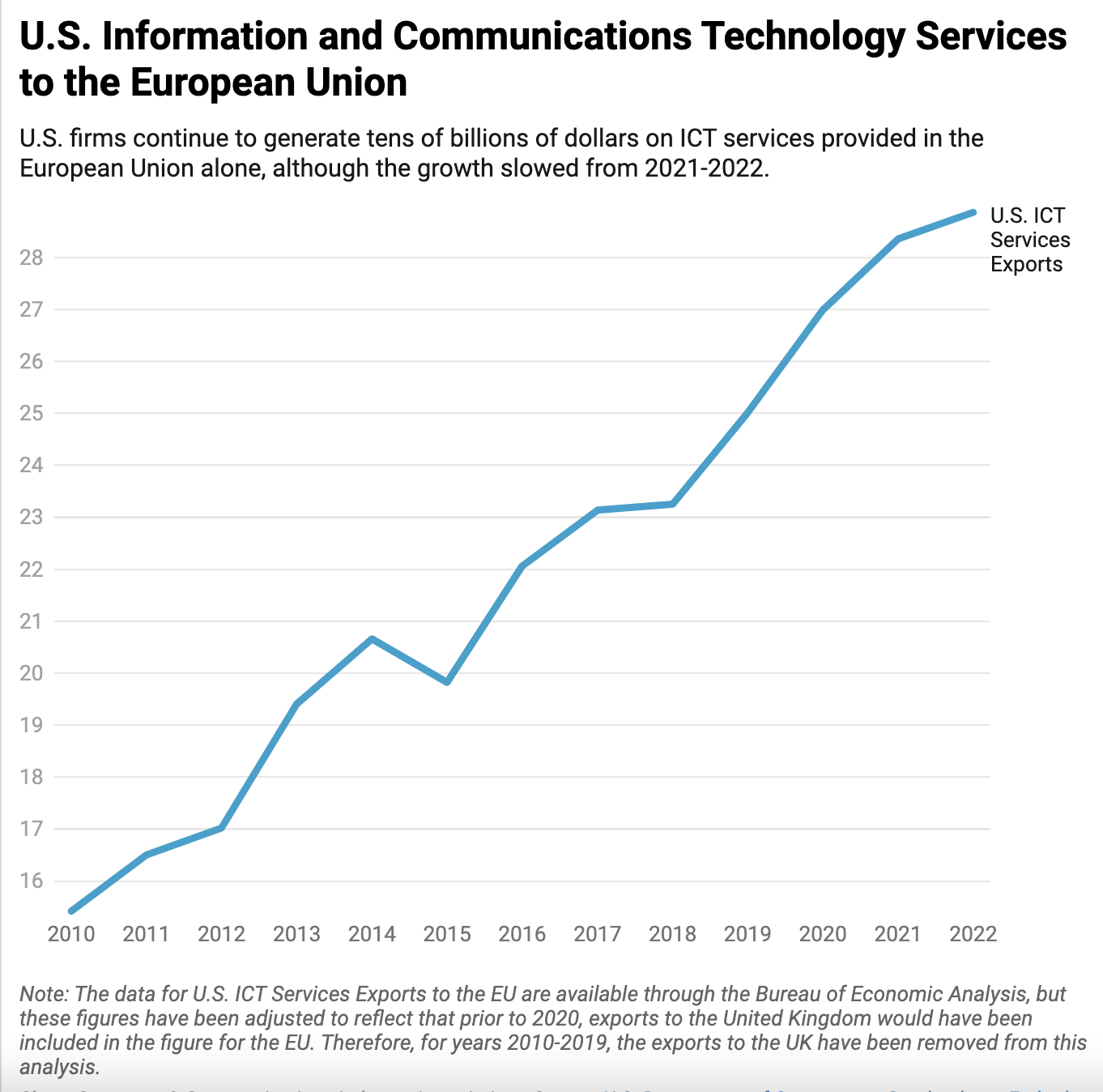Lawful Music Service Spotify Blocked in the House under P2P Regulations
Yesterday, Tony Romm reported in POLITICO about how lawful music service Spotify was recently blocked in the House of Representatives, because it’s not free from the “longstanding ban on so-called P2P technology — a blockade lawmakers erected to thwart illegal file-sharing and prevent downloads from infecting computers with malware.” P2P stands for peer-to-peer, and refers to filesharing services that are quite different in purpose and technological function from Spotify, and so presumably the ban should not prohibit access to this type of service.
The history of this severe internal policy is unclear. It may be symptomatic of Congress being susceptible to lobbyists’ generally oversimplifying and misunderstanding complex technology. As EFF’s Parker Higgins tweeted in response: “The years of indiscriminately vilifying p2p technology are now coming back to haunt the content industry.” In particular, the policy may be a consequence of three hearings on filesharing in the House from 2007 to 2009, which received testimony criticizing filesharing: “Inadvertent File Sharing over Peer-to-Peer Networks” on July 24, 2007, before the House Committee on Oversight and Government Reform; “H.R. 2221, the Data Accountability and Protection Act and H.R. 1319, the Informed P2P User Act” on May 5, 2009, before the House Committee on Energy and Commerce, Subcommittee on Commerce, Trade, and Consumer Protection; and “Inadvertent File Sharing over Peer-to-Peer Networks: How It Endangers Citizens and Jeopardizes National Security” on July 29, 2009, before the House Committee on Oversight and Government Reform. This context suggests that maybe those hearings caused technophobic Congressmen to panic, leading to a regulation that is now mindlessly enforced as a part of House IT policy. Now, this is just speculation. But the fact that Spotify is not bicamerally banned suggests that a House hearing may be the historical footnote.
Romm spoke with a spokesman for the Office of the Chief Administrative Officer, who explained the basic rule:
To help protect House data, our IT policy generally prohibits the use of peer-to-peer (P2P) technologies while operating within the secure network. While Spotify is currently not authorized, the CAO has and will continue to work with outside vendors to enable the popular services that improve member communication capabilities.
A Spotify spokesman countered with the brilliant retort:
It is a sad day when a few bureaucrats can block our nation’s leadership from enjoying free, secure access to over 20 million songs. Music is a common language that all political parties speak and should be used to bring the legislators of this great country together so they can solve the serious issues facing our nation.
RIAA CEO Cary Sherman wrote to the Hill asking the House’s Chief Administrative Officer to stop blocking Spotify, and explaining why he believes the service shouldn’t violate the House’s IT policy, as POLITICO Morning Tech reported this morning:
These services are safe and secure, and assuring access to them not only respects the contractual relationship users may have with these services, but also achieves an important public policy goal of promoting legal, safe digital providers.
This isn’t even the first time I’ve referred to Sherman’s affinity for Spotify on DisCo. Another time I mentioned Spotify on DisCo was in the context of Lady Gaga’s Manager Troy Carter praising the service. These are content industry stakeholders who are supportive of this authorized service which has licensed the music and pays royalties to the recording industry and its artists, but it can’t if it’s blocked by overbroad regulations.
Piecemeal legislation and regulation in reaction to unfamiliar new technologies leads to unintended consequences, as Matt detailed in his post on the complex history of Internet radio royalties, which is just one area where this has occurred. Rather than succombing to that inclination, Congress should consider evidence from all stakeholders — especially the often-underrepresented public and the people who understand the technology — before drafting laws that prohibit access to future lawful innovation.
UPDATE: About an hour after I posted this, House Majority Leader Eric Cantor (@GOPLeader) tweeted about the controversy:
House blocked Spotify? This is 2013. It is a legal service that should be allowed. Pandora, YouTube, iTunes, Spotify… Let the music flow!
— Eric Cantor (@GOPLeader) February 1, 2013








